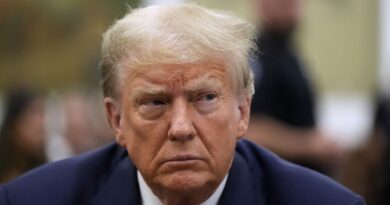Narcissism of small differences: A defamation-law lesson from Trump’s 2020 election fraud claims – Law Times

Salter joined Lenczner Slaght earlier this year, previously practising at Sullivan and Cromwell LLP in New York City. He also has experience with political messaging. He was press secretary for Ontario’s Office of the Minister of Infrastructure and Transportation, as well as communications director for the Office of the Minister of Energy.
In Canada, when a party brings a defamation claim, the burden is on the defendants to prove the statement is true or argue some other defence, says Salter. In the U.S., that is flipped. The plaintiffs are required to prove the defamatory statements are false. Dominion and Smartmatic will likely also have to show that the defendants knew their statements were false, or that the statements were “so obviously wrong that it was reckless to believe otherwise,” he says. That is the “malice standard,” which must be demonstrated if the plaintiff is considered a public figure.
“A lot of the action in the case is going to be whether the defendants can successfully argue that Dominion and Smartmatic are public figures,” says Salter.
As to proving the defendants knew their voter-fraud allegations were false, actions by Giuliani and Powell will play in Dominion’s and Smartmatic’s favour. Both lawyers made public appearances claiming to have evidence the companies had helped rig the election. But their public statements and their statements in court tell different stories, he says.
While he was challenging the state’s election procedures, Giuliani told a federal court in Pennsylvania that he was not alleging fraud, says Salter.
*** This article has been archived for your research. Find the original article here ***


